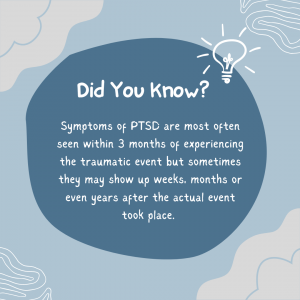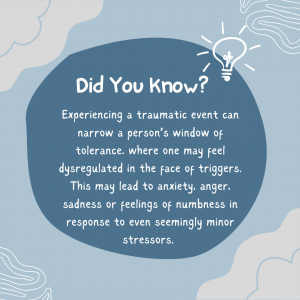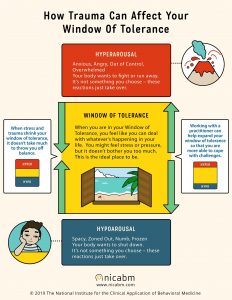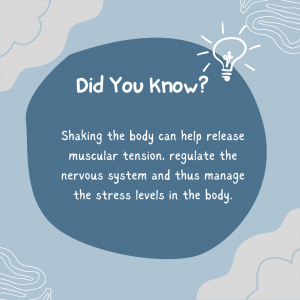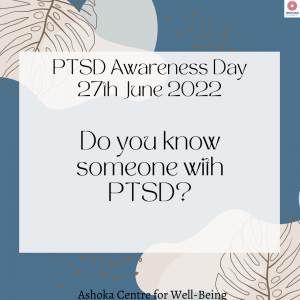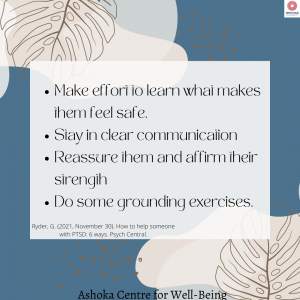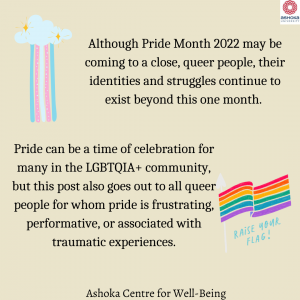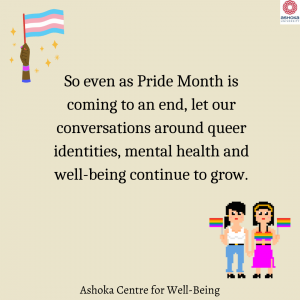Beyond the norm: Embracing Authentic Friendship in Varied Forms

Photo Courtesy: https://tacanow.org/family-resources/facilitating-friendships
Have you ever experienced one of those effortless kinds of friendships? Usually in the beginning, when you realize you have the same taste in music, books, movies and have had similar experiences. Gosh! It feels great, doesn’t it?
What you’re experiencing is a connection. As humans, we all desire and need connections and these connections are vital threads in the fabric of our lives. However, connections are so much more nuanced than sharing commonalities of interests or perspectives.
In the context of friendships, especially in a university setting, the polished and packaged narrative is often one dimensional- a group of people having constant fun and banter, throwing in a few songs perhaps, all arm in arm sailing into the sunset. That looks like a good movie we wouldn’t want to miss, right?
University life is commonly portrayed as the golden era of making lifelong friends, filled with endless fun and camaraderie that mirrors the movies or the nostalgic tales shared by elders. It’s a period when we’re led to believe that friendships will flourish effortlessly, and every day will be a montage of laughter, songs, and unwavering support. This idealized notion can be both inspiring and, at times… even daunting (*introverts nodding*). It’s essential to question whether the desire for a large, harmonious BFF group is a genuine aspiration or simply a construct influenced by societal expectations.
The reality is much richer in complexity. Just as each person possesses a unique personality and set of preferences that make them distinct, so too does our social life and the friendships we cultivate during this phase vary greatly. It’s vital to embark on this journey with an open mind and a willingness to explore the intricacies of our own desires and expectations.
Truth be told, we allocate different levels of our energy to various circles of people. Some individuals thrive with a small, tight-knit circle, content with the depth of connection it offers, without any urge to expand their social horizons. They may be friendly to many but reserve the term “friend” for the select few who have earned their trust and camaraderie. On the other hand, others revel in the energy of a bustling social scene, surrounded by a multitude of friends. And yet, some amongst such individuals might still find a certain solace in having an inner circle, a smaller group of individuals with whom they share a deeper connection amidst the larger social sphere.
Friendship takes on diverse forms, much like the myriad personalities and preferences that make up our world. The permutations and combinations of friendship styles are endless, and what works best for one person may not necessarily be suitable for another. It’s an exploration of these connections that becomes crucial during university life, and it’s perfectly acceptable for these preferences to evolve with time. What matters most is that we don’t hesitate to begin the journey of forming and nurturing connections. The intention is not to conform to an external ideal but to foster authentic, meaningful relationships that resonate with our true selves.
It’s important to reflect what you bring to the table in friendships also and not just how others are adding to your life. A certain lightness and playfulness is an essential part of friendships and if you experience that in a group or with a select few, nourish those relationship(s). These are safe spaces where you feel equally open to the validations that come your way and the necessary challenging and accountability that may occur. Use these values as placeholders for the compass that can help you along the way.
So what does a friendship mean to you? It’s time to discover not only the world around us but also the intricate landscape of our inner selves. In the end, the friendships we cultivate, in whatever form they may come, are a reflection of our authentic selves and a testament to the connections we hold dear.






